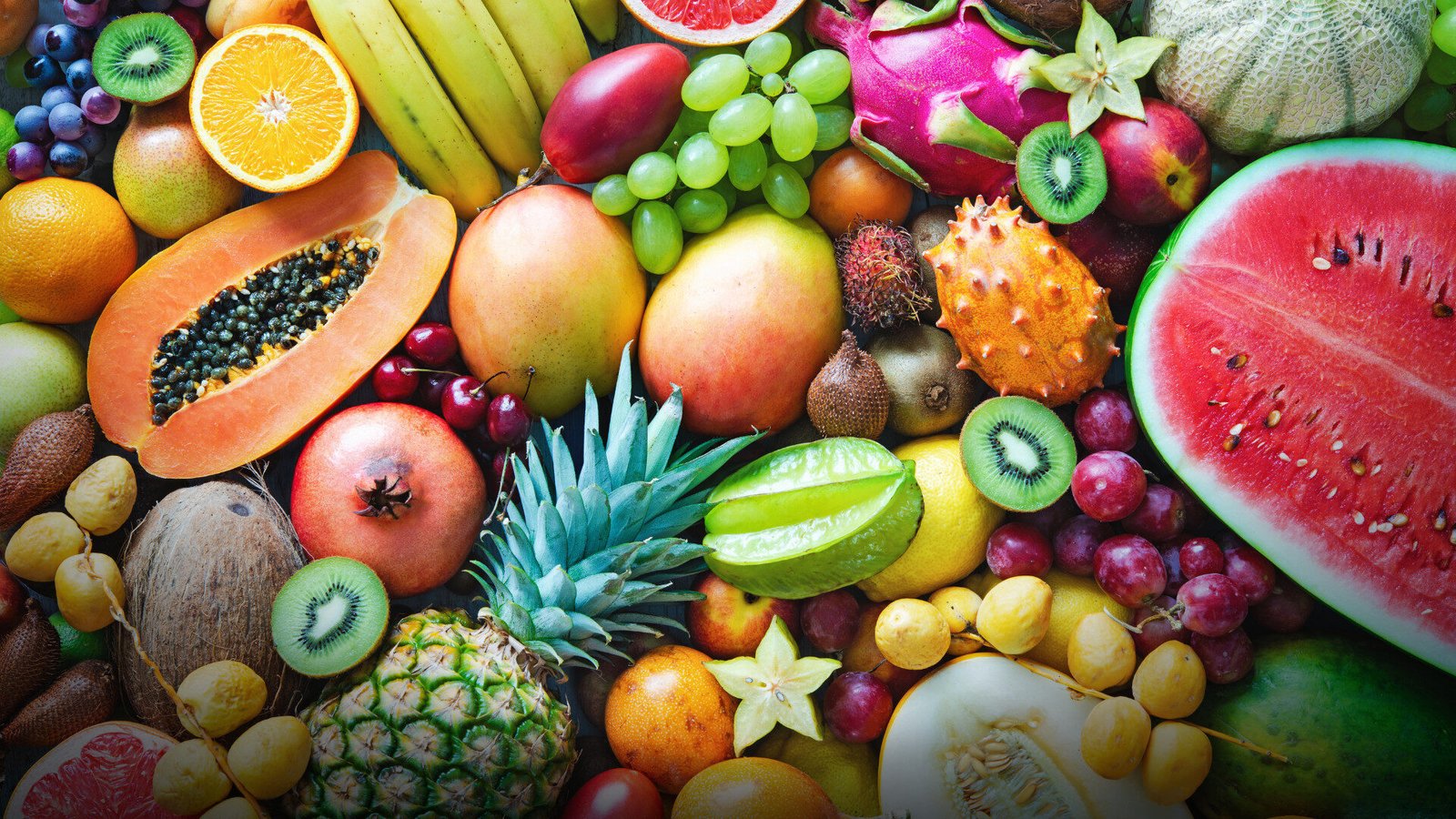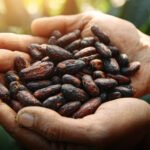By Azeem Ahmed
Pakistan’s food imports have surged again, and the grocery list is looking pricier than ever. From cooking oils to baby milk and dry fruits, the nation’s appetite for imported food grew sharply in the first quarter of fiscal year 2025–26, fueled by rising global prices and stronger local demand. The latest Pakistan import data FY26 confirms just how much the country’s food bill has expanded.
Pakistan Import Data FY26 Shows Sharp Rise in Food Spending
According to official figures, Pakistan spent $2.25 billion on food imports between July and September — a jump of 35.56% from $1.66 billion during the same period last year. This rise pushed the food group’s share of total imports from 11.11% to 13.23%, showing just how dependent the country has become on foreign food supplies, this reporter found.
Palm and Soybean Oil Drive Import Growth
At the top of the list, palm oil remained Pakistan’s largest imported food item. Its import value rose 34.09% to $1 billion from $746.41 million a year earlier. The quantity imported also climbed nearly 20% to 953,128 tonnes, signaling that local consumption remains strong.
Soybean oil imports told a similar story. Their value nearly doubled — up 91.59% to $56.65 million — as imported quantities surged by 70.89% to more than 52,000 tonnes. Prices also played a role: the per-ton cost rose 12.11% to $1,088, reflecting both higher global rates and domestic demand.
Milk, Baby Formula, and Dry Fruits Add to the Bill
Milk and baby formula imports also expanded notably. Their total value rose 32.38% to $38.78 million from $29.29 million, while quantities increased by just over 10%. The average price per tonne jumped to $2,834, hinting that Pakistan is paying more to keep up with international price trends.
Dry fruits followed the same pattern. Imports climbed 38.23% in value to $35.99 million, with volumes up 33.67% to 37,409 tonnes. For many households, these rising numbers mean imported treats are getting even harder to afford.
Tea Offers Small Relief, But Sugar Soars
Not everything went up, though. Tea imports dipped slightly — down 4.83% to $148.40 million — despite a small rise in quantity. The price per tonne dropped from $2,486 to $2,363, giving tea drinkers a small bit of relief.
Sugar imports, however, saw a stunning rise. Pakistan brought in 31,289 tonnes of sugar valued at $18.98 million, compared to just 993 tonnes worth $1.03 million last year. That’s a 3,051% jump in quantity and 1,746% increase in value, even though the per-ton price dropped by 41%.
Staples and Spices Show Mixed Trends
Pulses, one of the country’s most consumed staples, grew 8.3% in quantity to 317,232 tonnes, though the import bill stayed almost unchanged at $204.32 million. Lower global prices — down nearly 8% — helped offset higher volumes.
Spice imports also spiced things up, rising 10.75% in value to $59.14 million, even as their quantities slipped slightly by less than 1%.
Processed Foods See the Fastest Growth
Meanwhile, the “other food items” category — a mix of processed and packaged goods — saw the fastest rise, jumping 65.96% to $689 million from $415 million. This sharp increase shows broader spending across nearly all food categories.
Overall, the numbers paint a clear picture: Pakistan’s dependence on imported food is deepening. As this reporter notes, the trend is not just swelling the country’s import bill but also putting more pressure on already strained foreign exchange reserves.
Author Profile
-
Azeem Ahmed is an Islamabad-based journalist specializing in agriculture, business, and economic trends.
He provides insightful analysis on market developments and policy impacts shaping Pakistan’s economy.





